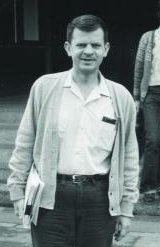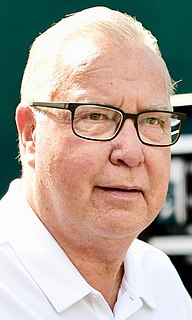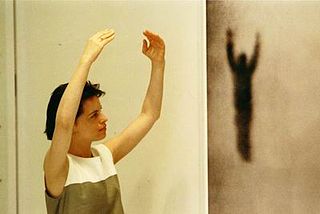A Quote by Robert A. Heinlein
The 3-legged stool of understanding is held up by history, languages, and mathematics. Equipped with those three you can learn anything you want to learn. But if you lack any one of them you are just another ignorant peasant with dung on your boots.
Related Quotes
You only learn when you give your whole being to something. When you give your whole being to mathematics,you learn; but when you are in a state of contradiction, when you do not want to learn but are forced to learn, then it becomes merely a process of accumulation. To learn is like reading a novel with innumerable characters; it requires your full attention, not contradictory attention.
Like a stool which needs three legs to be stable, mathematics education needs three components: good problems, with many of them being multi-step ones, a lot of technical skill, and then a broader view which contains the abstract nature of mathematics and proofs. One does not get all of these at once, but a good mathematics program has them as goals and makes incremental steps toward them at all levels.
Success is a learnable skill. You can learn to succeed at anything. If you want to be a great golfer, you can learn how to do it. If you want to be a great piano player, you can learn how to do it. If you want to be truly happy, you can learn how to do it. If you want to be rich, you can learn how to do it. It doesn't matter where you are right now. It doesn't matter where you're starting from. What matters is that you are willing to learn.
Nothing fails like success, because we do not learn anything from it. We only learn from failure, but we do not always learn the right things from failure. If there is a failure of expectations, that is, if the messages that we receive are not the same as those we expected, we can make three possible inferences.
It's not necessary to tell all you know. It's not ladylike -- in the second place, folks don't like to have someone around knowin' more than they do. It aggravates them. Your not gonna change any of them by talkin' right, they've got to want to learn themselves, and when they don't want to learn there's nothing you can do but keep your mouth shut or talk their language.
We're progressing on a lot of fronts, but on the aspect of your responsibility - just the very basics of how we treat each other - before we learn mathematics and computers and science in school, and languages and all of this, the basis of it: What is it to be a human? What responsibility do you have?






































